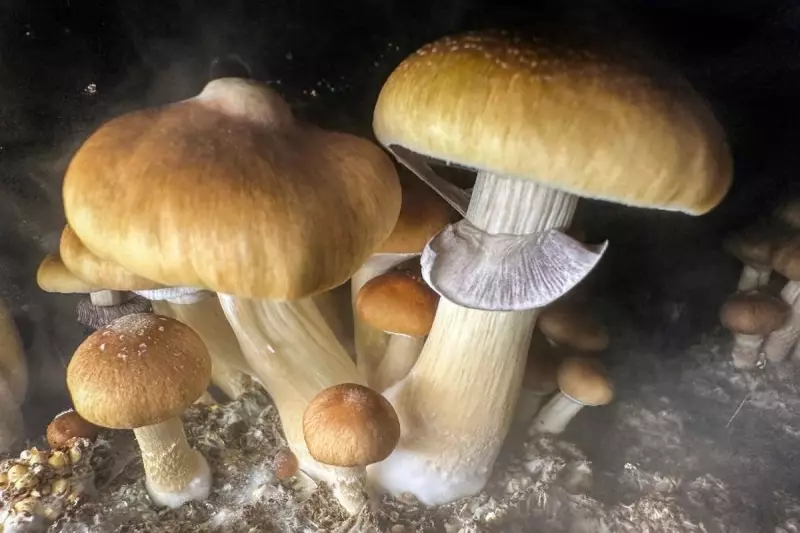
In a fascinating twist for longevity research, scientists have discovered that psilocybin – the psychedelic compound found in magic mushrooms – may dramatically extend lifespan in mice. The groundbreaking study could have profound implications for human ageing research.
The Experiment That Could Change Ageing Science
Researchers administered small doses of psilocybin to middle-aged mice over an extended period. The results were startling: treated mice lived significantly longer than their untreated counterparts, with some showing lifespan extensions of up to 10%.
How Psilocybin Might Slow Ageing
While the exact mechanisms remain unclear, scientists propose several theories:
- Reduced inflammation: Psilocybin may decrease age-related inflammation
- Neurogenesis stimulation: The compound could promote new brain cell growth
- Stress response modulation: It appears to help organisms better handle physiological stress
From Mice to Humans: The Long Road Ahead
While exciting, researchers caution that translating these findings to humans requires much more study. "This is just the beginning," notes lead researcher Dr. Eleanor Whitmore. "We're seeing promising anti-ageing effects, but human trials are years away."
The study adds to growing evidence of psilocybin's therapeutic potential, following recent research into its benefits for depression and PTSD. As psychedelic research enters a renaissance, this discovery could position psilocybin as a multi-faceted therapeutic agent.





